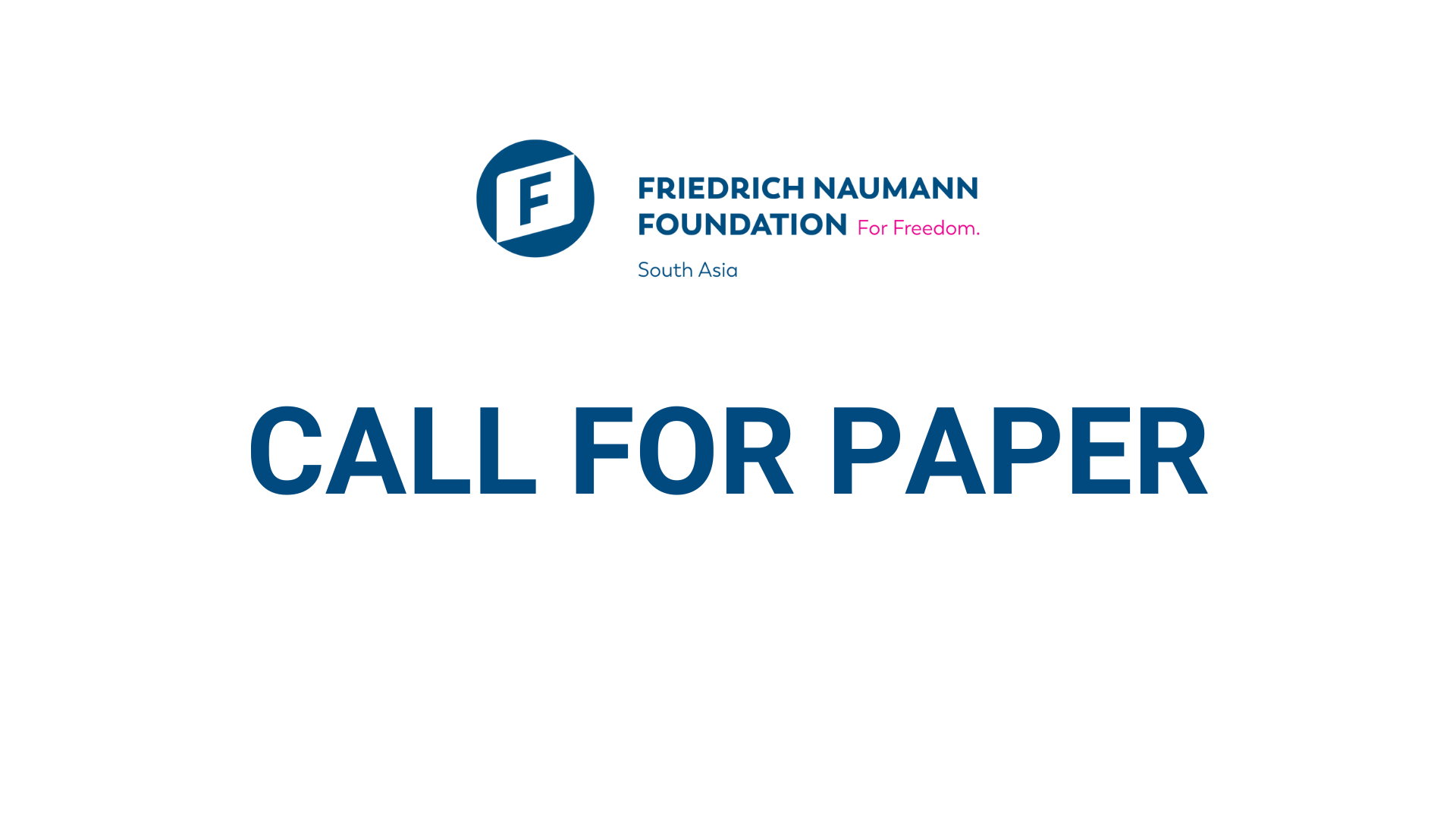Call for Paper
Analytical Report of the Survey on “Navigating India’s Role: Perspective on Security, Geopolitics, and Trade”

Background
The global order is undergoing a profound transformation, shifting from a bipolar structure to an increasingly multipolar system, generating significant uncertainty in international geopolitics and the global economy. In this evolving landscape, India is emerging as a major power and an influential global actor. However, India’s strategic positioning remains difficult to interpret due to its long-standing foreign policy tradition of non-alignment. As India’s global role expands, there is growing international interest in understanding the principles, priorities and perceptions shaping India’s foreign policy choices. Given this context, there is a strong need for a deeper and fact-based understanding of India’s position in global affairs, particularly its foreign policy towards bilateral partnerships and multilateral cooperation.
To contribute to this understanding, Friedrich Naumann Foundation (FNF), in partnership with the Kalinga Kusum Foundation (KKF), is conducting a survey to explore public perceptions of India’s evolving role in global affairs. The study captures how Indians view the country’s foreign policy priorities, its relationships with major powers, its leadership in the region, and its responses to emerging geopolitical challenges.
FNF seeks an experienced researcher/analyst to synthesise the survey findings/statistics into a comprehensive analytical report that can inform strategic discussions and policy dialogues.
Project scope
The selected consultant will be responsible for:
• Participate in a Focussed Group Discussion (FGD) on 2 December 2025 with key stakeholders, including FNF, KKF and selected resource persons contributing to the survey
• Participate and contribute to a meeting with the survey agency, potentially on 17 December 2025, to discuss the preliminary findings of the survey (the exact date and time of the FGD will be communicated to the consultant).
• The consultant is expected to submit the comprehensive first draft of the analytical report examining major trends, patterns, and key policy insights by 10 January 2026 and the final report (approx. 5000-7000 words) by 30 January 2026
• Providing policy-relevant interpretations and recommendations.
• Incorporating feedback from the FNF team into the final version.
• Submitting the final edited, formatted report
Prescribed Style for the Report
The final report must adhere to the following style guidelines:
• Clear, concise, and policy-oriented writing suitable for policymakers and general audiences.
• All data sources (survey or external references) must be properly cited.
• Final report submitted in both Word and PDF formats.
What we are looking for
We seek a consultant with:
• Familiarity with India’s foreign policy, geopolitical dynamics, and strategic discourse.
• Strong expertise in public opinion research, survey analysis, or strategic affairs.
• Demonstrated experience in data-driven policy writing and analytical reporting.
• Ability to translate quantitative findings into accessible, meaningful insights.
• Excellent writing, visualisation, and synthesis skills.
How to Apply
Interested individuals or organisations are invited to submit their Proposal,
and their profile to: nupur.hasija@freiheit.org by 20 November 2025.
Only shortlisted candidates will be contacted.
